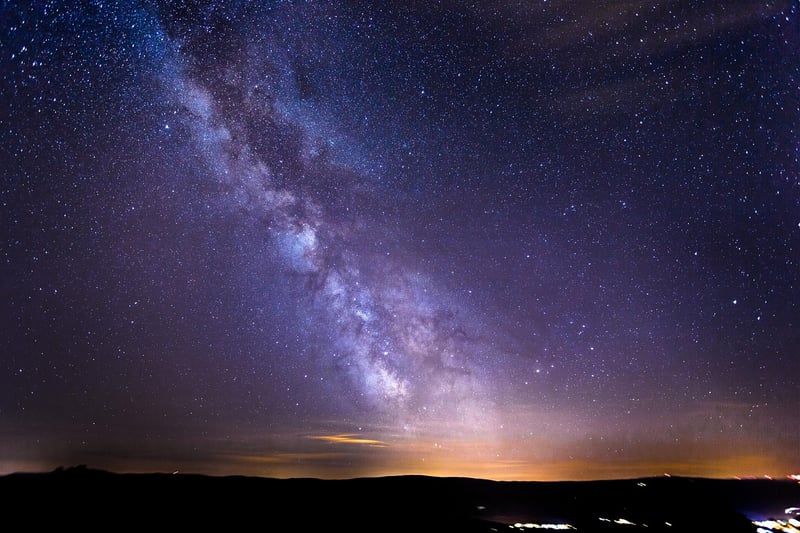Parallel Universes
The Science Behind Time Travel and Parallel Universes

Time travel and parallel universes have long been popular topics in science fiction, capturing the imagination of many. But what does science have to say about these intriguing concepts? Let's dive into the fascinating world of theoretical physics to explore the possibilities of time travel and parallel universes.
Time Travel
Time travel is a concept that has been extensively explored in various books, movies, and TV shows. According to Einstein's theory of relativity, time is intertwined with space in a four-dimensional continuum known as spacetime. This theory allows for the possibility of time dilation, where time can be experienced differently depending on the observer's relative motion or gravitational field.
One of the most famous examples of time dilation is the twin paradox, where one twin travels through space at near-light speed while the other remains on Earth. When the traveling twin returns, they would find that less time has passed for them compared to their sibling on Earth, effectively "time traveling" into the future.
Parallel Universes

Parallel universes, also known as the multiverse theory, propose the existence of multiple universes beyond our own. These universes could have different physical laws, constants, or even histories, resulting in a vast array of possibilities. One interpretation of quantum mechanics, known as the Many-Worlds Interpretation, suggests that every quantum event branches off into a new universe, creating a multitude of parallel realities.
While the concept of parallel universes remains theoretical and speculative, it sparks intriguing discussions about the nature of reality and the possibility of other worlds existing alongside our own.
The Quest for Answers
Scientists continue to explore the mysteries of time travel and parallel universes through thought experiments, mathematical models, and cutting-edge research. While practical time travel and direct evidence of parallel universes have yet to be achieved, the theoretical frameworks provide a glimpse into the profound complexities of the universe.
As our understanding of physics and cosmology evolves, the boundaries of what is possible may expand, offering new insights into the nature of time, space, and existence itself.
Whether these concepts will remain confined to the realm of science fiction or one day become scientific realities is a question that continues to inspire both scientists and dreamers alike.
